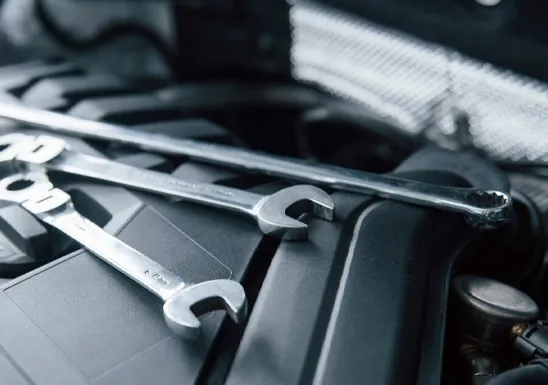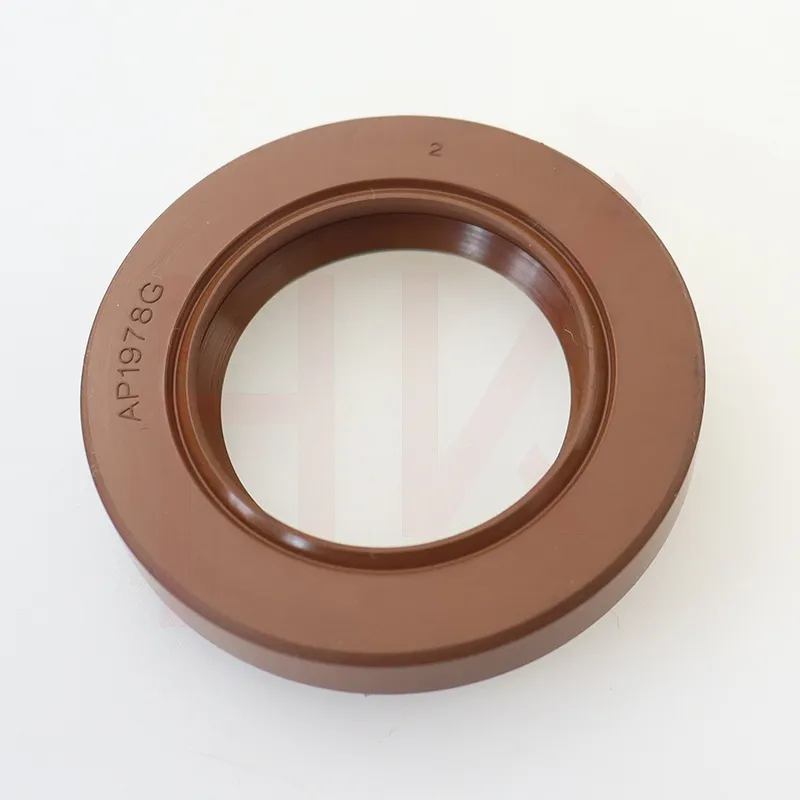Feb . 15, 2025 19:24 Back to list
dust proof seal
Dust proof seals are an essential component for many products across various industries, ensuring the longevity and optimal functioning of equipment and machinery by protecting them from dust and debris. These seals are vital for products that operate in environments where dust and particles are prevalent, affecting their efficiency and performance over time. Understanding their benefits, applications, and choosing the right type are crucial for maintaining operational excellence.
When it comes to ensuring the quality and effectiveness of dust proof seals, adhering to industry standards and certifications is paramount. Recognized certifications and standards, such as ISO and ASTM, provide assurance regarding the quality and performance of seals, confirming that they meet stringent specifications. This not only enhances the credibility of the products but also builds consumer trust, positioning the brand as a reliable provider of dust protection solutions. The evolution of technology has further advanced the development of dust proof seals. Innovations in materials and manufacturing techniques have resulted in seals that offer superior performance and longevity. For example, advances in silicone technology have led to the creation of seals that withstand extreme temperatures and harsh environments without degrading. These modern seals offer enhanced durability and resilience, meeting the increasing demands of today’s industrial applications. Across various platforms and industrial forums, testimonials and case studies highlight the transformative impact of dust proof seals on equipment efficiency and reliability. Stories from industry experts and practitioners provide real-world examples of how these seals have contributed to improved operational performance and reduced costs. Such accounts reinforce the importance of investing in high-quality seals as part of a proactive maintenance strategy. In conclusion, dust proof seals play an indispensable role in safeguarding equipment and machinery across numerous industries. Their ability to prevent contamination and prolong the life of components significantly enhances operational efficiency and reduces costs. By understanding the specific needs of their applications and choosing the right seals, businesses can ensure optimal performance and longevity of their products. Partnering with reputable manufacturers and compliance with industry standards will solidify their position as leaders in providing reliable and effective dust protection solutions.


When it comes to ensuring the quality and effectiveness of dust proof seals, adhering to industry standards and certifications is paramount. Recognized certifications and standards, such as ISO and ASTM, provide assurance regarding the quality and performance of seals, confirming that they meet stringent specifications. This not only enhances the credibility of the products but also builds consumer trust, positioning the brand as a reliable provider of dust protection solutions. The evolution of technology has further advanced the development of dust proof seals. Innovations in materials and manufacturing techniques have resulted in seals that offer superior performance and longevity. For example, advances in silicone technology have led to the creation of seals that withstand extreme temperatures and harsh environments without degrading. These modern seals offer enhanced durability and resilience, meeting the increasing demands of today’s industrial applications. Across various platforms and industrial forums, testimonials and case studies highlight the transformative impact of dust proof seals on equipment efficiency and reliability. Stories from industry experts and practitioners provide real-world examples of how these seals have contributed to improved operational performance and reduced costs. Such accounts reinforce the importance of investing in high-quality seals as part of a proactive maintenance strategy. In conclusion, dust proof seals play an indispensable role in safeguarding equipment and machinery across numerous industries. Their ability to prevent contamination and prolong the life of components significantly enhances operational efficiency and reduces costs. By understanding the specific needs of their applications and choosing the right seals, businesses can ensure optimal performance and longevity of their products. Partnering with reputable manufacturers and compliance with industry standards will solidify their position as leaders in providing reliable and effective dust protection solutions.
Previous:
Next:
Latest news
-
Wiper Oil Seal: Our Commitment to Clean Hydraulics
NewsAug.13,2025
-
Hydraulic Oil Seal for Self Discharging Cars
NewsAug.13,2025
-
Hub Oil Seal for Agricultural Tractor Hubs
NewsAug.13,2025
-
Skeleton Oil Seal with NBR Material
NewsAug.13,2025
-
Rotary Lip Seal for High Pressure Applications
NewsAug.13,2025
-
Cylinder Seal Kits Our Legacy of Hydraulic Trust
NewsAug.13,2025
-
Unlocking the Potential of Hydraulic Systems with Essential Sealing Solutions
NewsAug.06,2025
Products categories
















